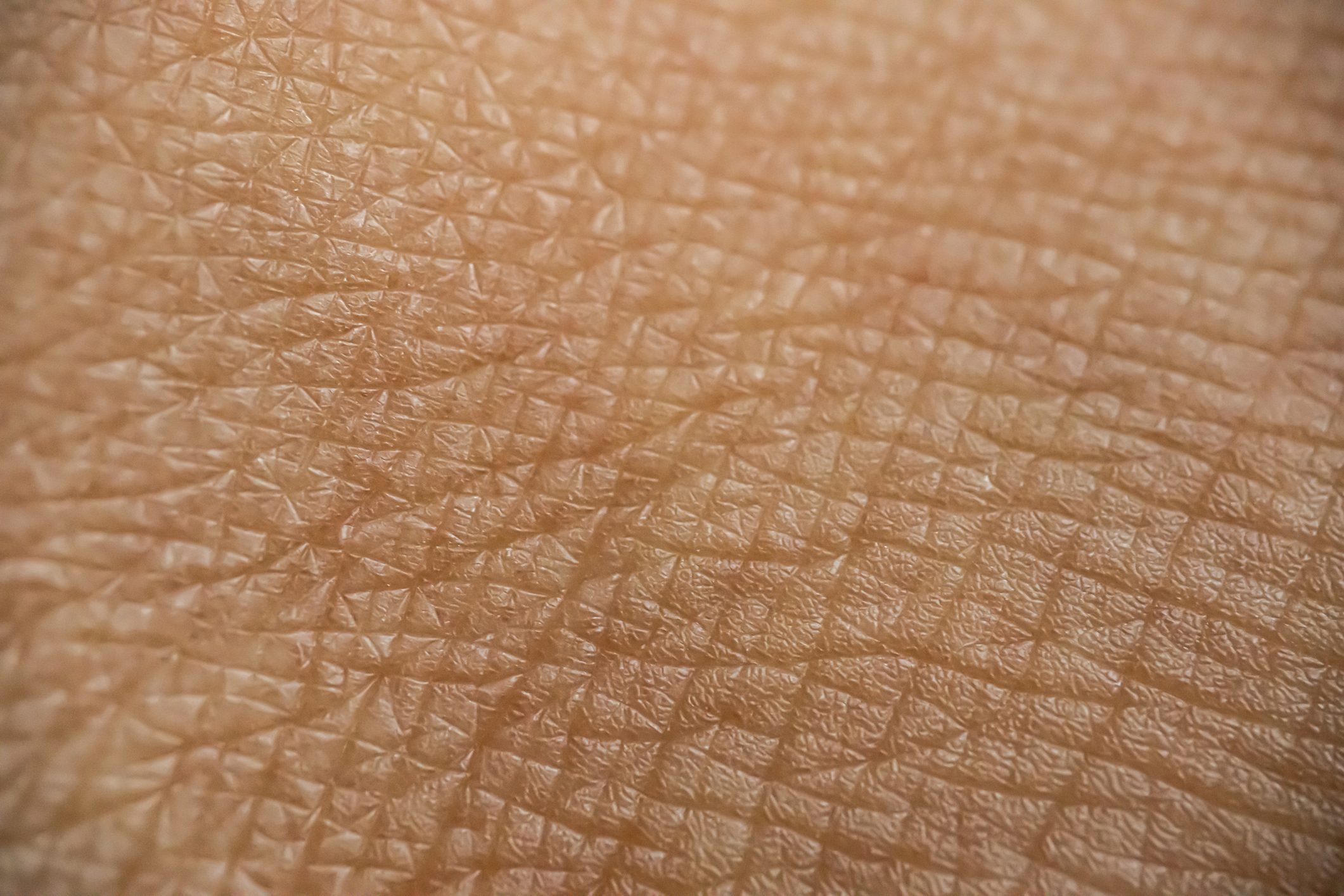Dermatology researchers found a rarely discussed role played by the hormones that respond to stress and immune system threats.

New Study: Chronic Stress Could Age This Body Part 33% Faster

You know the signs of time can show up on your skin from lots of scrunching your forehead to work, or furrowing other parts of your face in worry. Now scientists based in Europe have discovered that skin is impacted from the inside-out due to the effects of what they’re calling “psychological stress”—with clear evidence that the mind impacts the body.
According to a new study published in the Journal of Cosmetic Dermatology, experiencing consistently high stress is associated with a significant increase in skin aging severity. After recruiting participants who reported experiencing low, moderate, and high stress levels, dermatological scientists in Monaco evaluated differences in degrees of skin aging by employing lab tests and 3-D imaging to map skin surface texture.
They found that participants who were “moderately” or “highly” stressed showed more fine lines and wrinkles, as well as lower antioxidant levels and poorer skin barrier integrity, than those with mild stress levels. In fact, skin texture and fine lines reached “an increased severity” of nearly 33%. The researchers report that at a cellular level, DNA purity, wound healing, and skin barrier parameters “were impacted by increased stress hormone levels.”
The researchers explain these effects by noting that during exposure to stress, the body releases the stress hormones cortisol and epinephrine. “Psychological stress … [involves] various biological pathways, cells and messengers, leading to a wide range of minor or major health disorders,” the scientists report. “Like most organs, the skin may be infused with these substances.”
The Cleveland Clinic adds another explanation on why stress hormones and skin aging go hand in hand: “Cortisol blocks two substances that keep your skin looking plump and vibrant: hyaluronan synthase and collagen.”
Other stressors, both internal and external, can affect skin aging: Sun exposure, tobacco use, pollution, and temperature changes can all have effects. Internally, poor nutrition, medication, and lack of sleep can all contribute to older looking skin. Interestingly, recent research has shown that strength training can help keep skin healthy.
One good takeaway from this study might be that the skin is the largest organ—and if yours is showing signs of stress and aging, that may be a potential indication of the status of your health on the inside, too. Meditation, exercise, deep breathing, prioritizing sleep, and talking to a mental health professional can all help lower your levels. Speak with a licensed healthcare professional to learn more about ways to manage your stress.
For daily wellness updates, subscribe to The Healthy by Reader’s Digest newsletter and follow The Healthy on Facebook and Instagram. Keep reading:




















